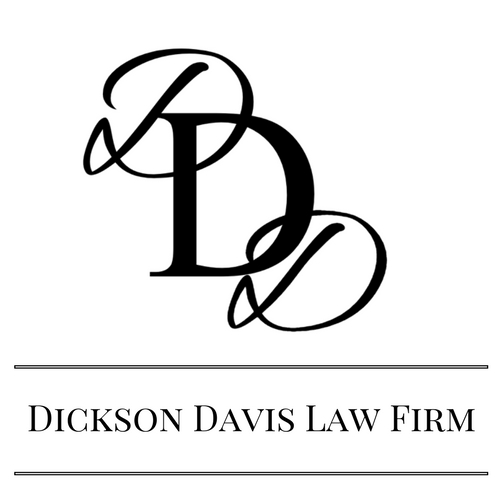Defining Personal Injury
For clients, when you hear the words "Personal Injury," you more than likely associate those two words with "Ambulance Chaser." The phrase originated from the old practice of attorneys soliciting persons injured either at the scene of the accident or at the hospital. What is less commonly known, however, is that the South Carolina Professional Rules of Ethical Conduct governing attorneys today prohibit such practices of face-to-face solicitation with prospective clients.
Personal Injury is really an area of law that falls under the umbrella of Tort Law. Yes, your next question is: "What is a tort?" A tort comes from the old french word for wrong, and the one who commits that wrong is called a tortfeasor. To further illustrate, John Doe represents the tortfeasor and Jane Doe represents the person injured or harmed.
Generally, today, a tort means the court will find that John is liable for committing a civil wrong where either John did something, or John did not do something, and, as a result, John causes Jane injury or harm. If John meant to injure or harm Jane, then those actions are called intentional torts. If John never meant to injure or harm Jane, such as an accident, then those actions are called negligent torts. For some types of activities, the law does not care whether John meant to or never meant to injure or harm Jane. Here, the law only looks at whether the injury or harm actually occurred, and those actions are called strict liability torts.
Why does Personal Injury Matter?
Common issues to consider when choosing a Personal Injury attorney
Transparency in Billing Practices

